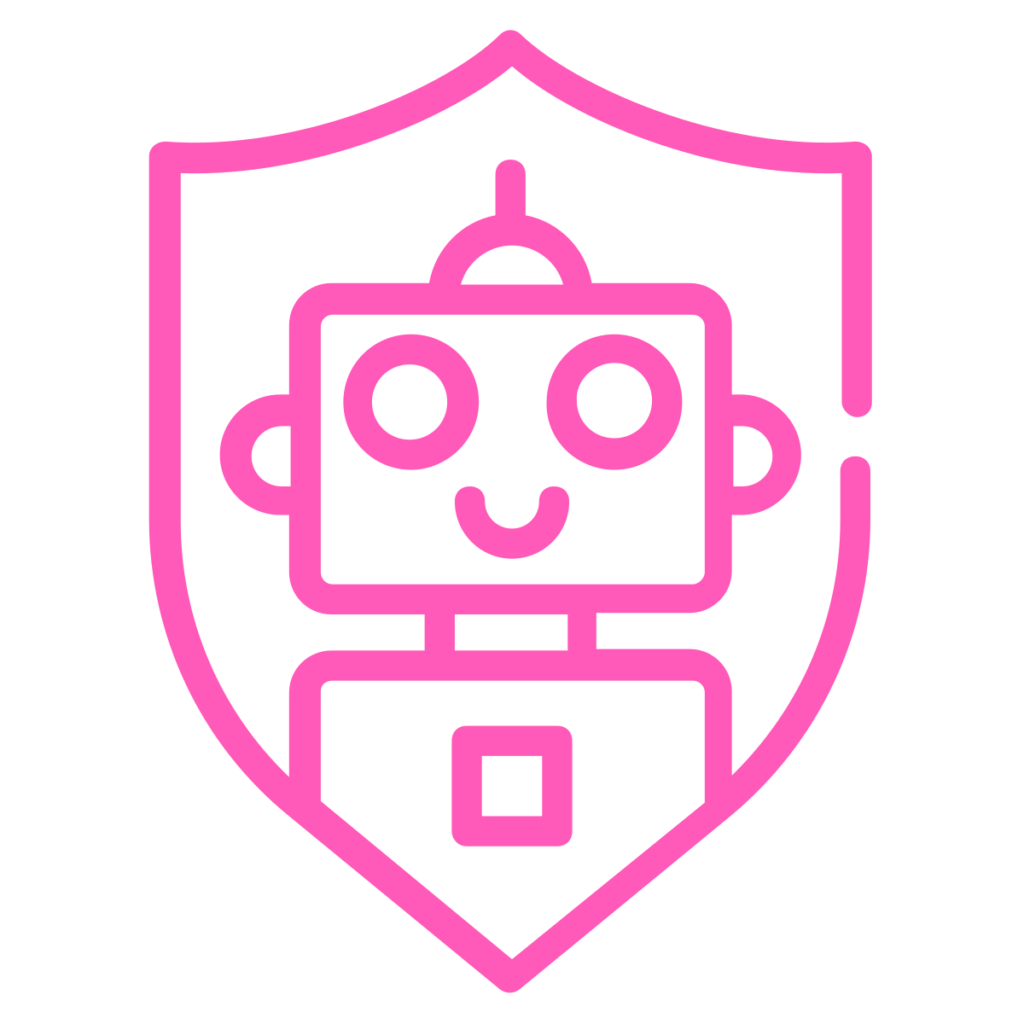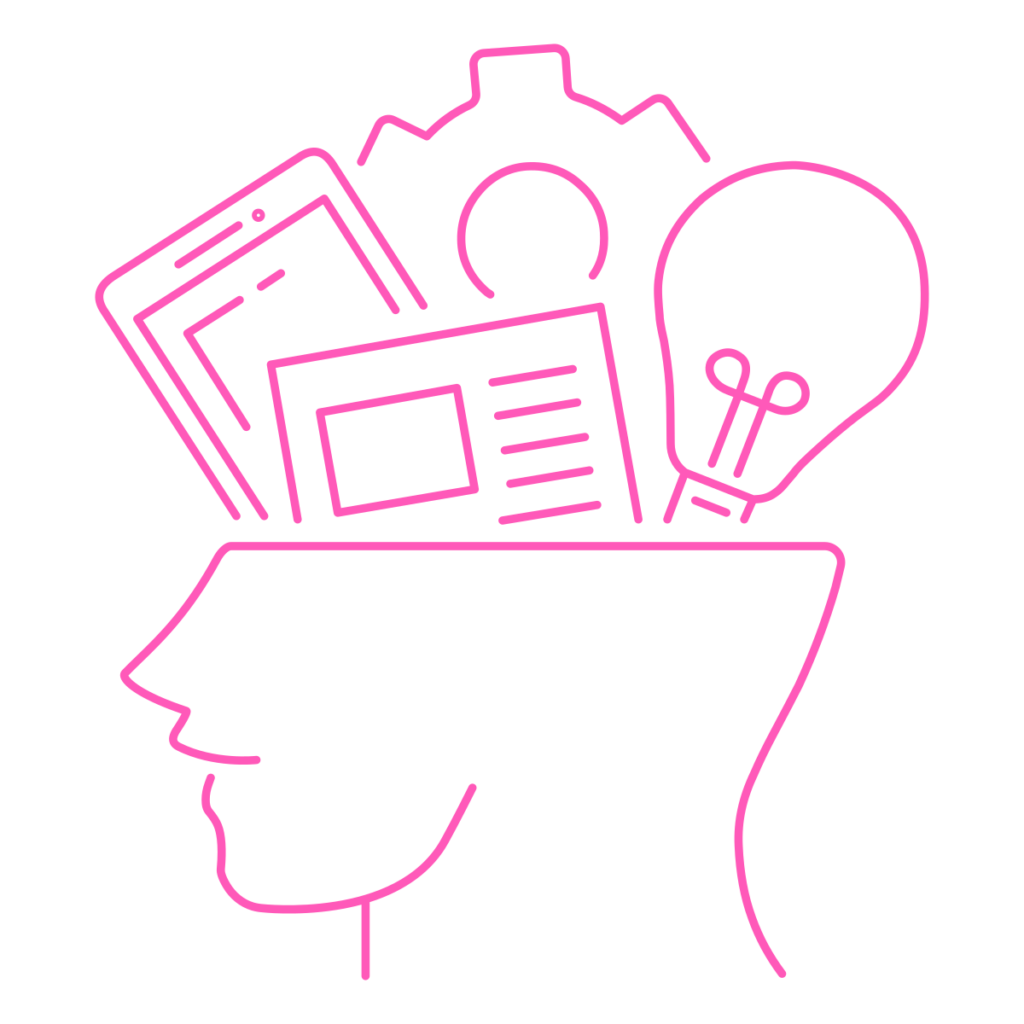
In today’s rapidly advancing world, Artificial Intelligence (AI) has the power to transform industries and empower individuals. As we embrace the potential of AI and progress forward along this path, it’s crucial to cultivate an environment that promotes the use of safe and responsible AI, devoid of gender, racial, and economic bias. At the same time, it is necessary that AI become more approachable so that we leverage its capabilities and capture the imagination and talents of women of all ages and all backgrounds.
✴︎ How do we empower women through ✴︎
AI?
Create a Culture of Safe and Responsible AI
While AI brings tremendous opportunities, it also raises serious ethical concerns. In order to address these concerns and ensure that AI serves the best interests of all members of society, it is crucial to establish guidelines and practices that promote safety and responsibility.
One of the key considerations for addressing bias is to ensure the data training AI systems is not primed from biased data. Biased data in biased data out and neglecting the responsibility for a thorough examination of its data will perpetuate the same inequalities, the same chauvinisms, and the same prejudices within AI that women face in their personal and professional lives.
Currently, there is a growing call for regulation and control of AI to prevent malicious use and societal harm. However, this call should be particularly significant for women, as women can be disproportionately affected by biased and harmful AI systems. By advocating for ethical frameworks and robust regulations, we have a better opportunity to create an environment that prioritizes women’s safety, well-being, and empowerment in the AI era.
Aside from just establishing frameworks and regulations, promoting accountability is equally important. This involves monitoring and assessing the impact of AI systems, holding developers and organizations responsible for any adverse effects, and providing mechanisms for redress in case of harm caused by AI technologies.
Additionally, AI systems should be designed in a way that allows for clear understanding of how they make decisions, enabling accountability and trust. By promoting transparency, we can uncover potential biases, rectify errors, and ensure that AI systems are fair and just.

Approachable AI Learning Paths
and Literacy Programs
AI is perceived as complex and intimidating, which can deter individuals, especially women, from exploring its potential. Young girls and women need to hear this and they need to hear it often. Anyone using a smartphone or a computer today has already been using AI. It is not new. There is just a great increase of hype and explosion of media interest due to recent developments and releases of AI technologies. The energy around AI is high and things are evolving quickly.
Over the past few months, AI has proven it can easily streamline processes, write code, and enhance decision-making within seconds of a well written prompt. We are hearing that approximately 25% of American jobs could be replaced by AI automation by the year 2030. Given that the more popular focus for AI projects today is for improving efficiency and reducing tasks, the chances of AI replacing jobs such as Administrators, Data Clerks, Content Creators, and Paralegals, held predominately by women, is at a much higher risk. We are hearing that people who know and use AI will be replacing the jobs of those who are not competent in some way with AI. We are being told that people with AI references on their resume are more likely to be hired than someone without a reference to AI. If all these statements are true, then we need greater urgency to help women engage confidently with AI technologies, bridge the knowledge gap, and foster inclusivity to remove the barrier of entry and we start by demystifying the the word, “AI”.
We have to make AI approachable and less intimidating to a broader audience and especially to women. By providing more female-friendly interfaces, we can attract more women to the field. By creating more female-centric learning paths we entice interest that will lead to necessary up-skills while continuing to leverage the natural strengths and talents of women. This goes for all women, regardless their age or their geographical location. If a women has access to the internet, she can be up-skilled.

AI literacy within an AI learning path is especially crucial for young girls and women in their AI journey. It goes beyond technical expertise and focuses on understanding the ethical considerations, impact, and potential of AI in the context of societal influence and professional advancement.
AI literacy programs should be created for young girls that will peak their interest in math, data analytics, and natural language processing. AI literacy should include explainable terminology, ensuring that women of all ages understand the basics of the technology that is influencing the choices available today that will lead to the possibilities they will have tomorrow. By gaining fluency in AI terminology, young girls and women can actively participate in discussions and decisions related to AI.
With an understanding of AI applications, women will be more likely to lesson the gender discrimination and bias about their ability to perform in male-dominated STEM fields, amplify their existing skills, and leverage AI tools for their personal endeavors. By leveraging fair and unbiased AI technologies and applications, we can reduce the inequity women face in society across all sectors and ensure the evaluation, advancement, and pay of women is equal to a male counterpart.
Be the Momentum
There is an incredible momentum brewing among women today. We need more women working in and building the future of AI. We need more women in Science, we need more women in Tech, we need more women in Engineering, we need more women in Math, we need more women on Boards, and we need more women in the C-Suites.
Fostering a culture of safe and responsible AI is essential for women in this new era, but it requires addressing bias, ensuring transparency and explainability, and promoting accountability. By making AI more approachable for women of all backgrounds, we can drive positive change that will impact many generations that follow and ensure that it serves as a catalyst for equality, empowerment, and progress for all in this digital era.
